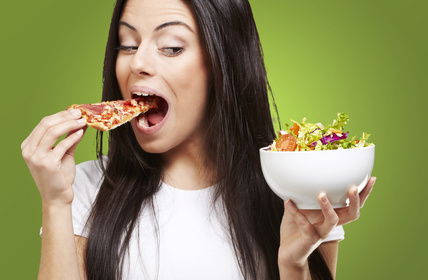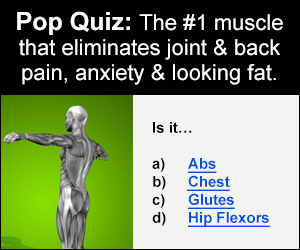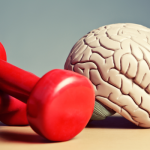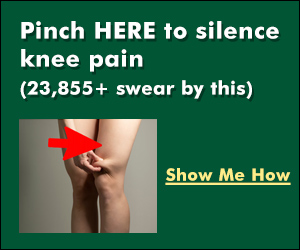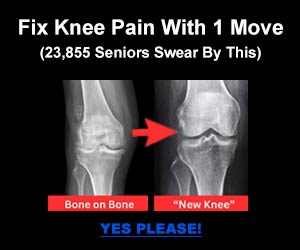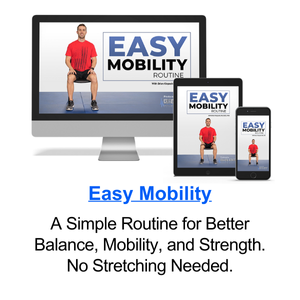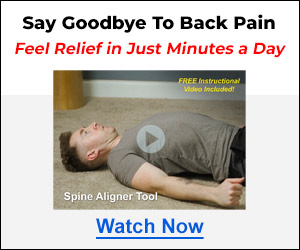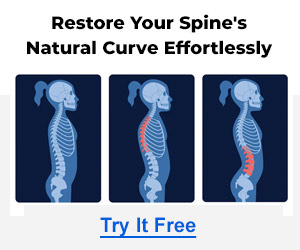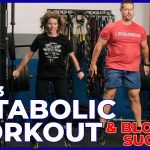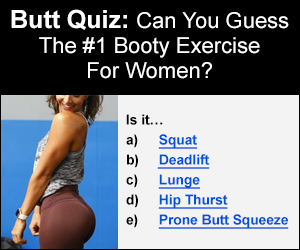Despite our best intentions, we still make bad choices when it comes to food.
One of the primary reasons is emotional eating. Like I mentioned above, obesity is a global epidemic amongst adults, children and teens. In the world of comfort and plenty, we’ve completely lost touch with our bodies’ needs, and have instead become all too fixated to our wants.
Many of us eat for reasons other than to nourish our bodies or even to enjoy one of life’s pleasures. To understand why we overeat, it’s valuable to identify what the emotions are that lead us to mindlessly snack, overindulge, or binge. Are these feelings familiar? Do they bring up any memories or remind us of ways we felt in our past?
Do our patterns of eating remind us of ways we saw our parents use food or other substances? Or conversely, might our actions seem like a reaction to ways we saw our parents use food or beverages?
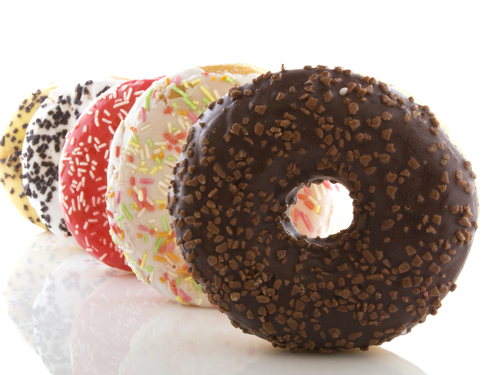
Let’s make sure we are on the same page here and this should be broadcasted to everyone everywhere: we eat so that the highly complex machinery of our bodies can continue to function and support us as we go about our day-to-day lives.
But yet we often turn to food for other reasons: to relieve loneliness or boredom or to alleviate stress or depression – (And it’s not uncommon for us to use the excuse of a happy occasion to celebrate with food and drink that’s not good for us…think about the holidays).
Once you start using food as a crutch, you initiate a cycle of emotional eating that often leads to poor health, weight gain, and eventually depression.
Emotional eating is a danger to all of us! But if you start to recognize a pattern in your behavior, like always overeating after a stressful day at work or bingeing whenever you have relationship problems, you need to find a way to address the underlying problems in a way that is not harmful to you.
Signs (emotions) of binge eating [9]:
• Lack of control once one begins to eat
• Depression
• Grief
• Anxiety
• Shame
• Disgust or self-hatred about eating behaviors
Emotional hunger can be powerful. As a result, it’s easy to mistake it for physical hunger. But here are a few clues you can use to differentiate between physical and emotional hunger.
Emotional hunger comes on suddenly. It hits you in an instant and feels overwhelming and urgent. Physical hunger comes on more gradually. The urge to eat doesn’t feel as dire or demand instant satisfaction.
Emotional hunger craves specific comfort foods. When you’re physically hungry, almost anything sounds good—including healthy stuff like vegetables. But emotional hunger craves fatty foods or sugary snacks that provide an instant rush.
Emotional hunger often leads to mindless eating. Before you know it, you’ve eaten a whole bag of chips or a sleeve of cookies without really paying attention or fully enjoying it. When you’re eating in response to physical hunger, you’re typically more aware of what you’re doing.
Emotional hunger isn’t satisfied once you’re full. You keep wanting more and more, often eating until you’re uncomfortably stuffed. Physical hunger, on the other hand, doesn’t need to be stuffed. You feel satisfied when your stomach is full.
Emotional hunger isn’t located in the stomach. You feel your hunger as a craving you can’t get out of your head. You’re mentally focused on specific textures, tastes, and smells.
Emotional hunger often leads to regret, guilt, or shame. When you eat to satisfy physical hunger, you’re unlikely to feel guilty or ashamed because you’re simply giving your body what it needs. If you feel guilty after you eat, it’s likely because you know deep down that you’re not eating for nutritional reasons.
And the 4 most common triggers tied to emotional eating are:
1. Stress
2. Boredom
3. Social influences
4. Childhood habits
All but the 4th are environmental conditions in which we are currently placed and these triggers are much easier to change or modify than childhood habits. Think back to your childhood memories of food. Did your parents reward good behavior with ice cream, take you out for pizza when you got a good report card, or serve you sweets when you were feeling sad?

These emotionally based childhood eating habits often carry over into adulthood. Or perhaps some of your eating is driven by nostalgia—for cherishes memories of grilling burgers in the backyard with your dad, baking and eating cookies with your mom, or gathering around the table with your extended family for a home-cooked pasta dinner.
It’s not impossible to avoid these triggers but it’s not as easy as it might seem. The eating aspect of this process is the result of something or someone directing us to towards action of overeating. For instance, stress can be avoided and in return would cause the mind to not send out signals to the body saying it needs carbohydrates.
Again our emotions can make or break how we choose food and beverages. But I personally believe that our habits have a stronger pull on the decisions we make. Look at these current patterns [10]:
• About three-fourths of the US population has an eating pattern that is low in vegetables, fruits, dairy, and oils.
• Most Americans exceed the recommendations for added sugars, saturated fats, and sodium.
In the Ask Your Target Market’s latest survey, just 12% of respondents said they consider their eating habits to be very healthy. 60% consider themselves to be somewhat healthy eaters. 22% said they are not very healthy. And 6% said their eating habits are not healthy at all.
But just because many people have at least somewhat healthy eating habits doesn’t mean they aren’t still trying to improve them. Just 38% of respondents said they are satisfied with their current eating habits. 48% said they would like to eat healthier. And 15% said they are currently working toward eating healthier.

Emotions or not, how we eat is a habit and habits can be changed but the process in which it does is a different story. This circles back to our genetics and how we interpret the fight or flight response.
To take it a step further, it’s our personality that defines who we are and what we do so if we want to really break habits and change the mold we need to learn more about what drives us individually and begin to change the conversation on how we manage our nutrition.
Being a Strength Coach for the past 15 years as well as a Sports Nutritionist I strongly feel, based on my education and experience, that our personality drives our emotions and our emotions drive our habits and preferences thus resulting in the choices we make on a daily basis, like the food we eat and the beverages we drink.
I apologize for going off on a little tangent just now and I understand this isn’t a personality report so let’s circle back and talk more about tangible items that might have a more important role in the nutritional world than we realize: Appetite Control / Hunger Suppression.
Continue with The Subconscious Eater Series, Part 3 – Controlling Our Appetite & FAKE Food Ingredients
FREE report – Top 3 Natural Pain Relievers
By Brian Klepacki, MS, CISSN, CSCS
References
[9] http://www.mayoclinic.org/diseases-conditions/binge-eating-disorder/symptoms-causes/dxc-20182932
[10] https://health.gov/dietaryguidelines/2015/guidelines/chapter-2/current-eating-patterns-in-the-united-states/#figure-2-1

